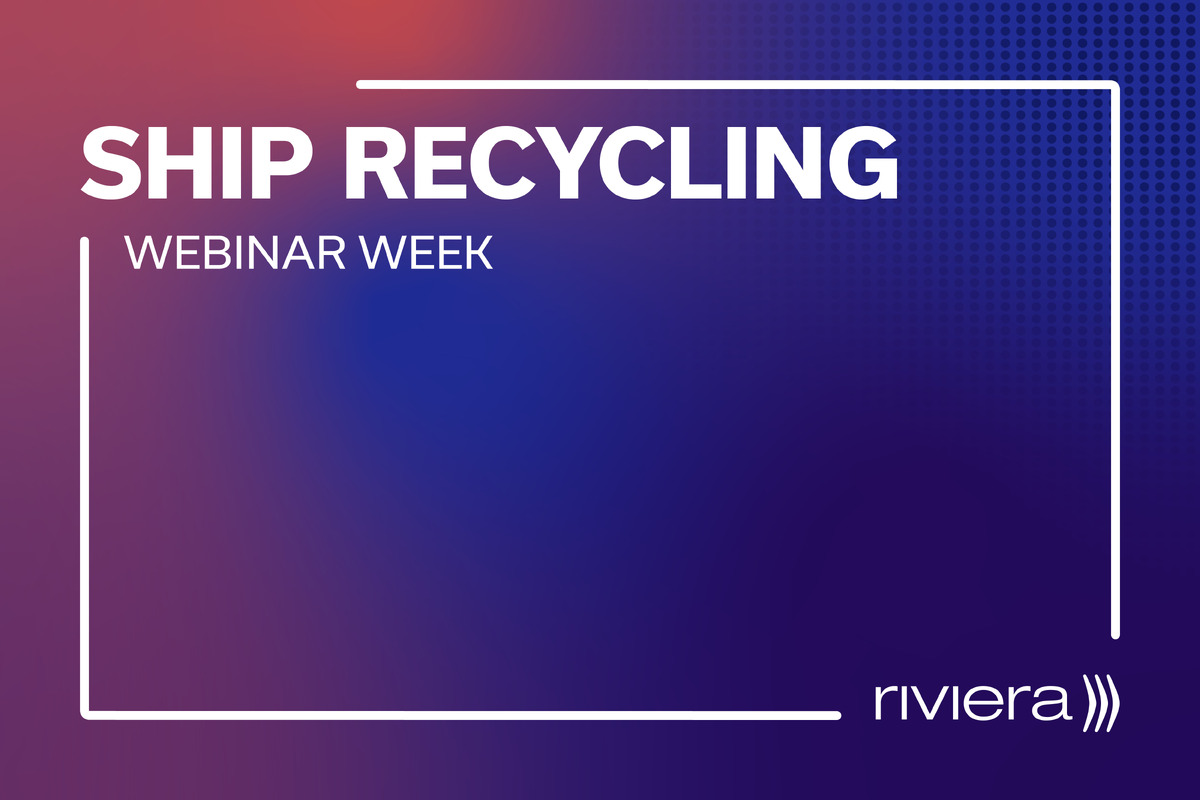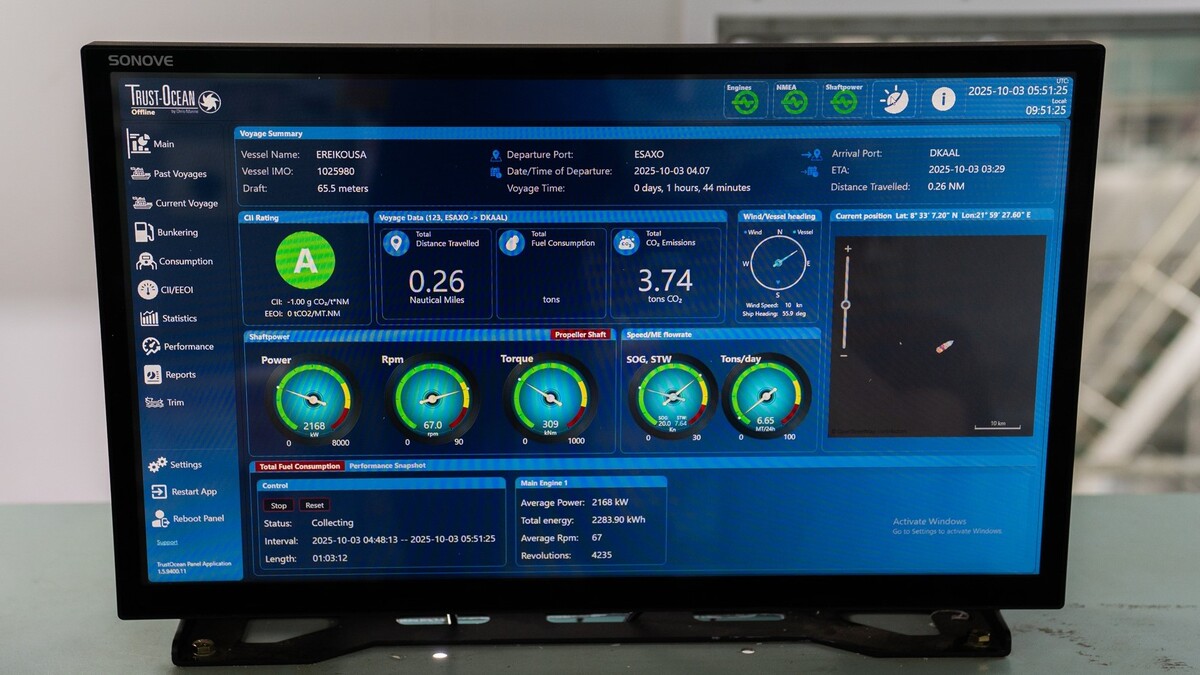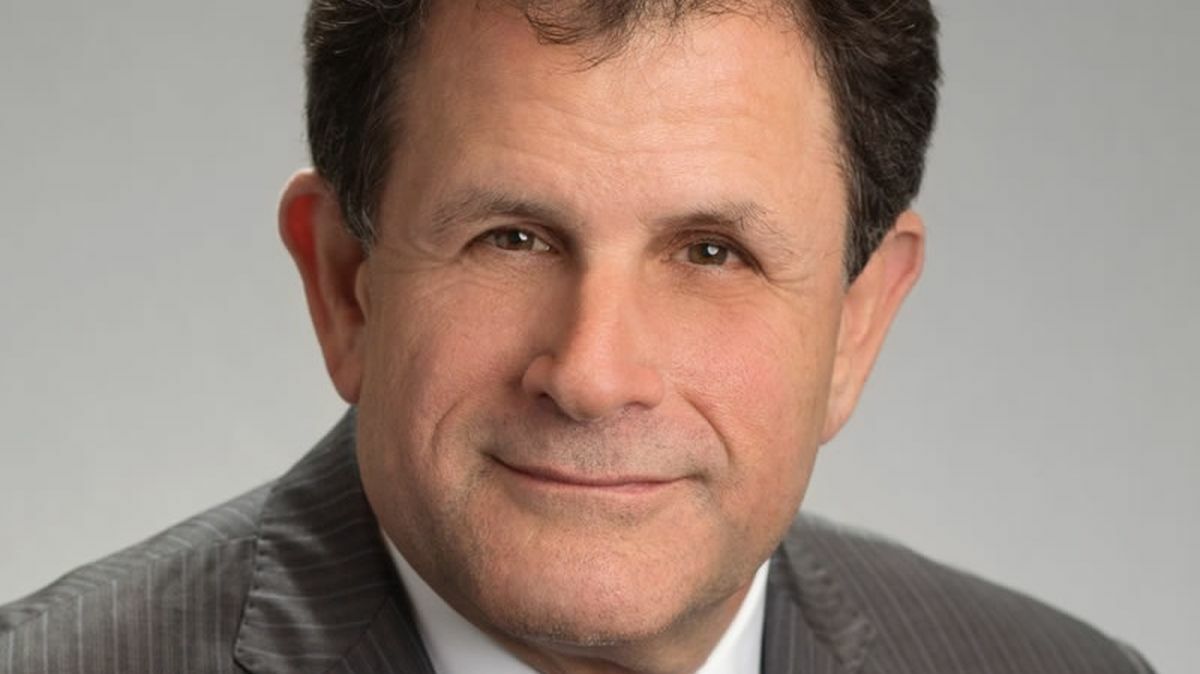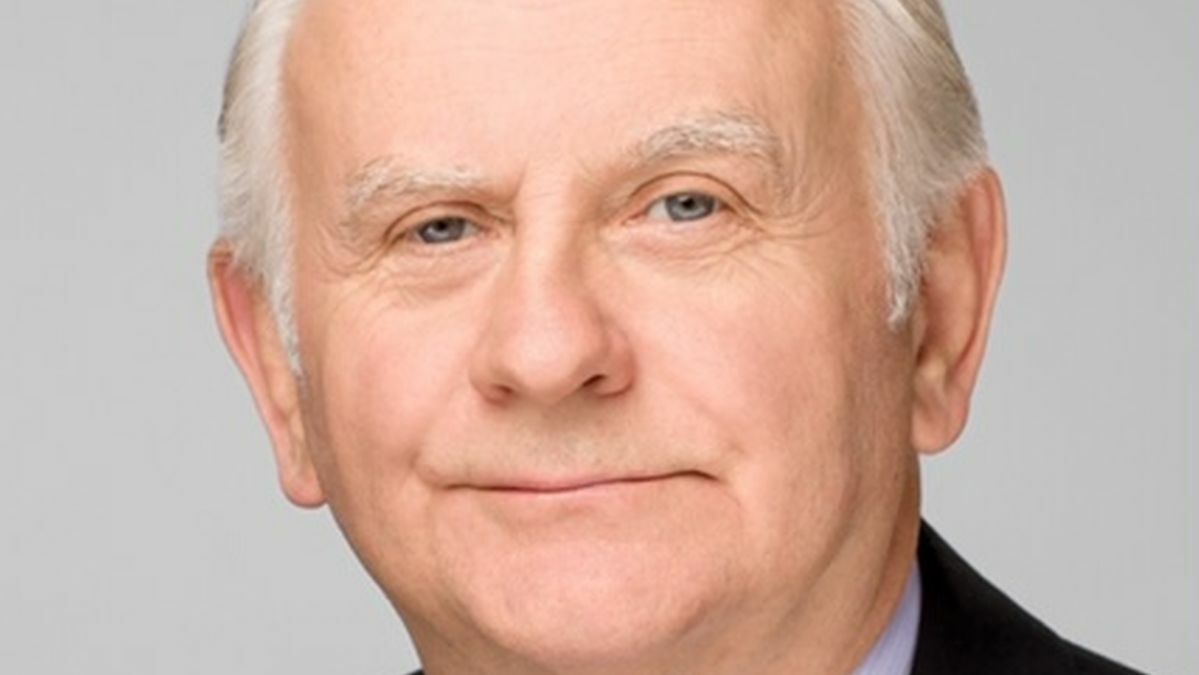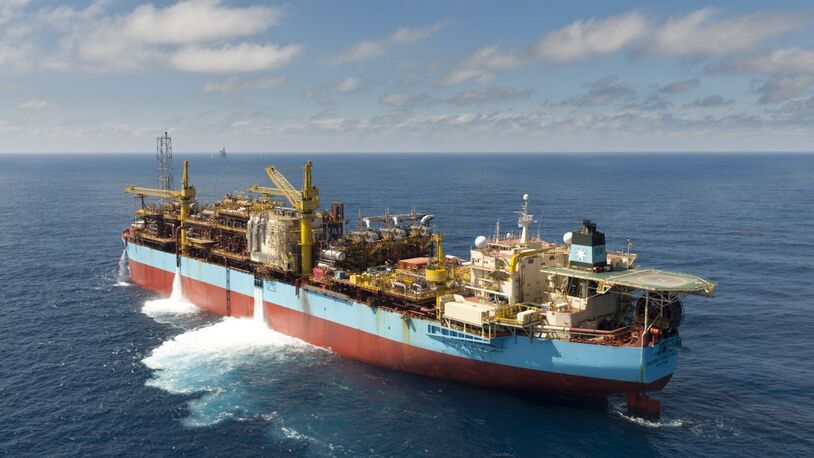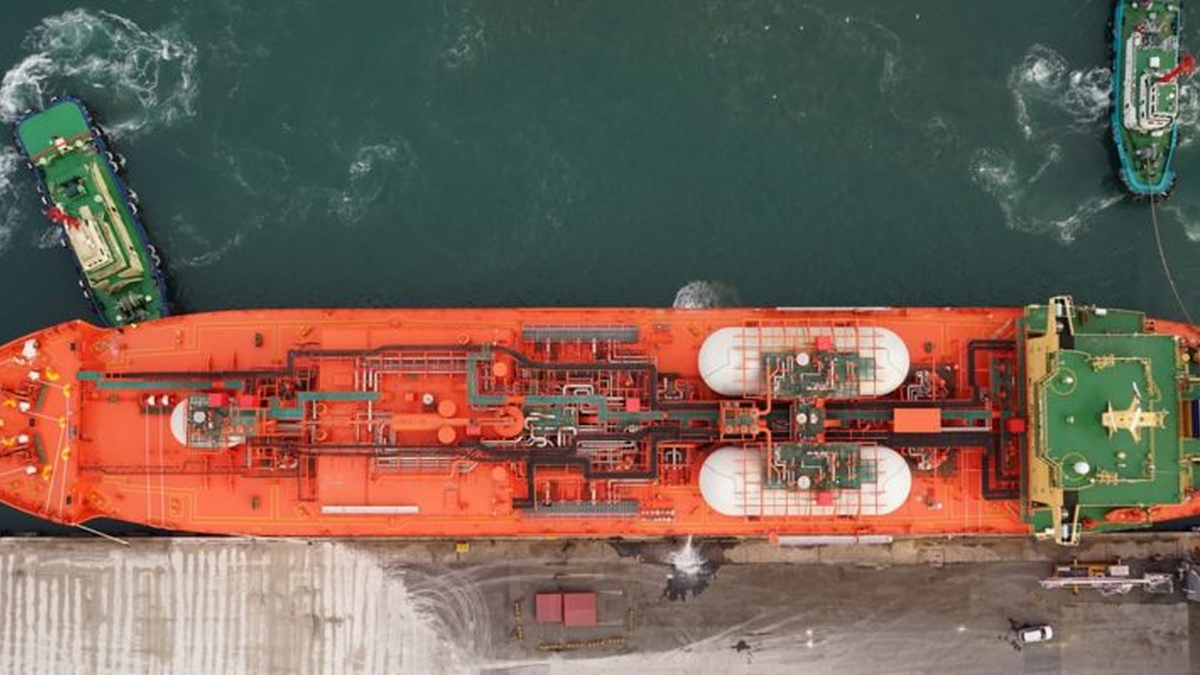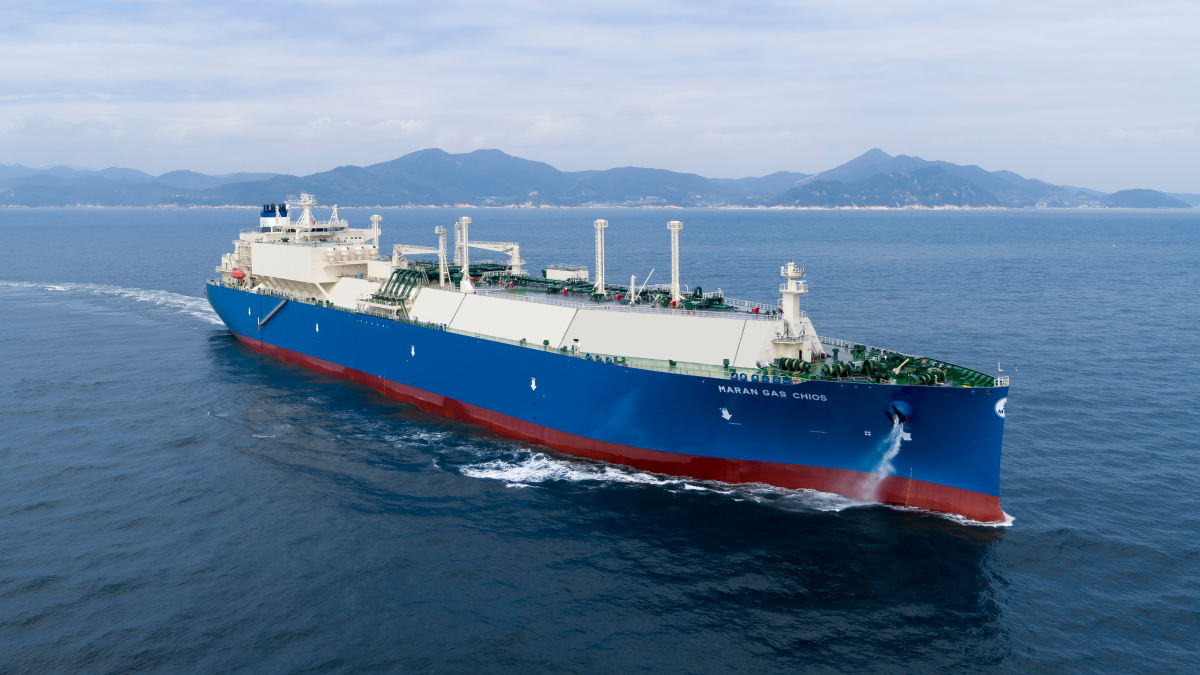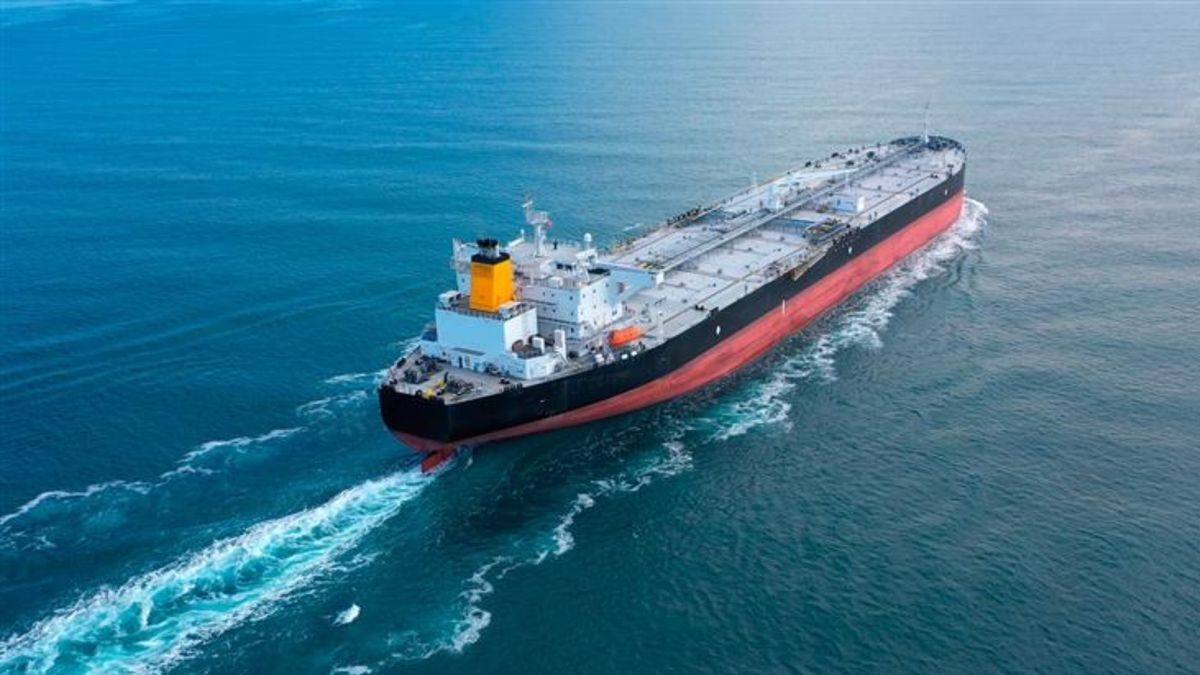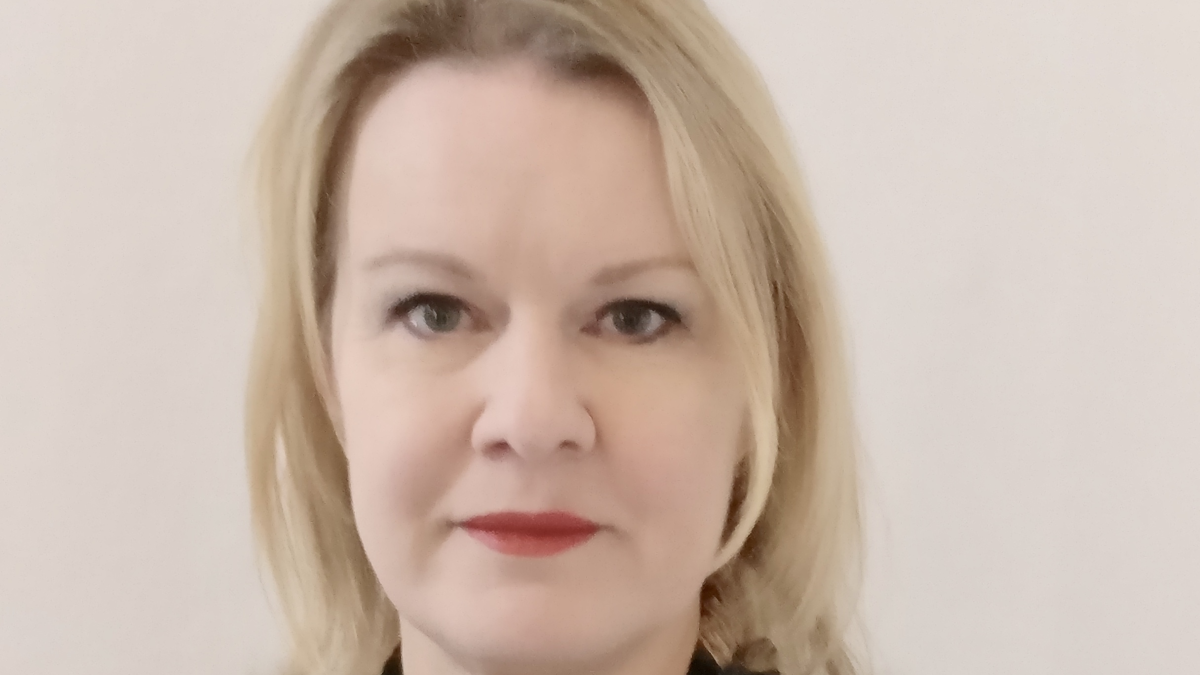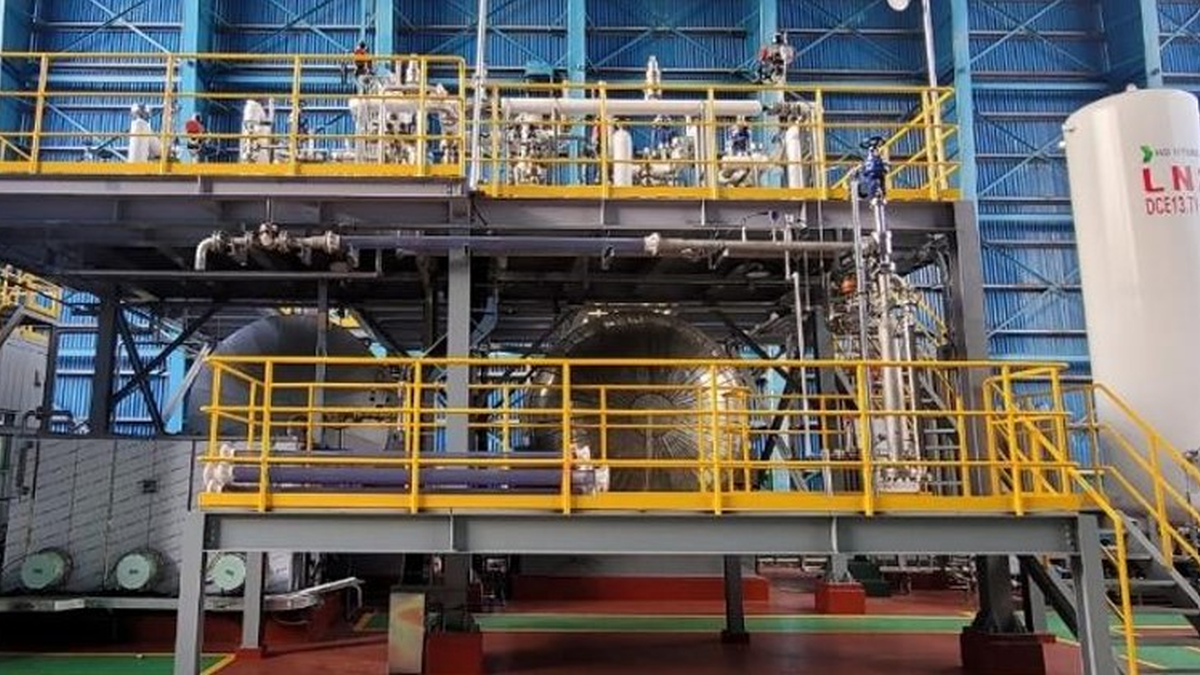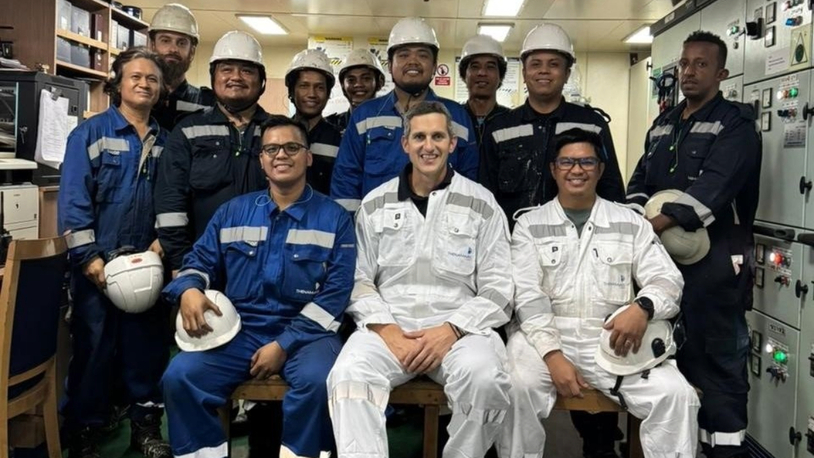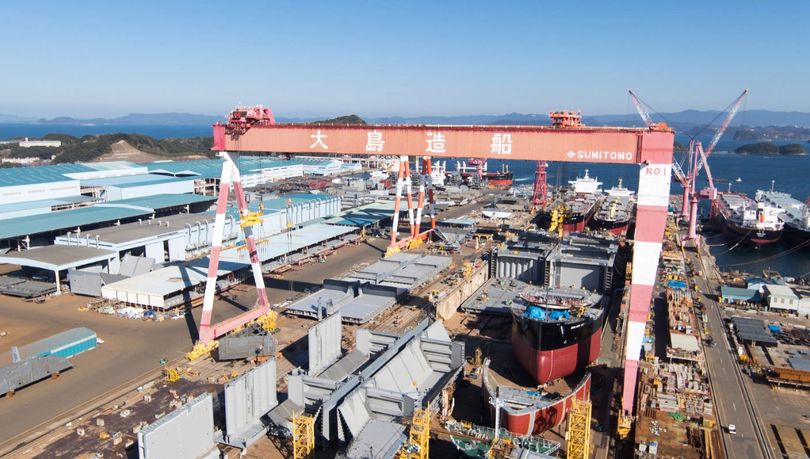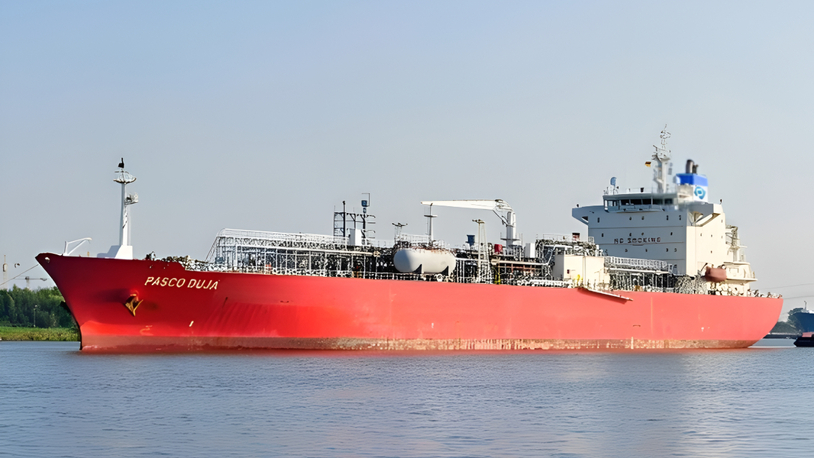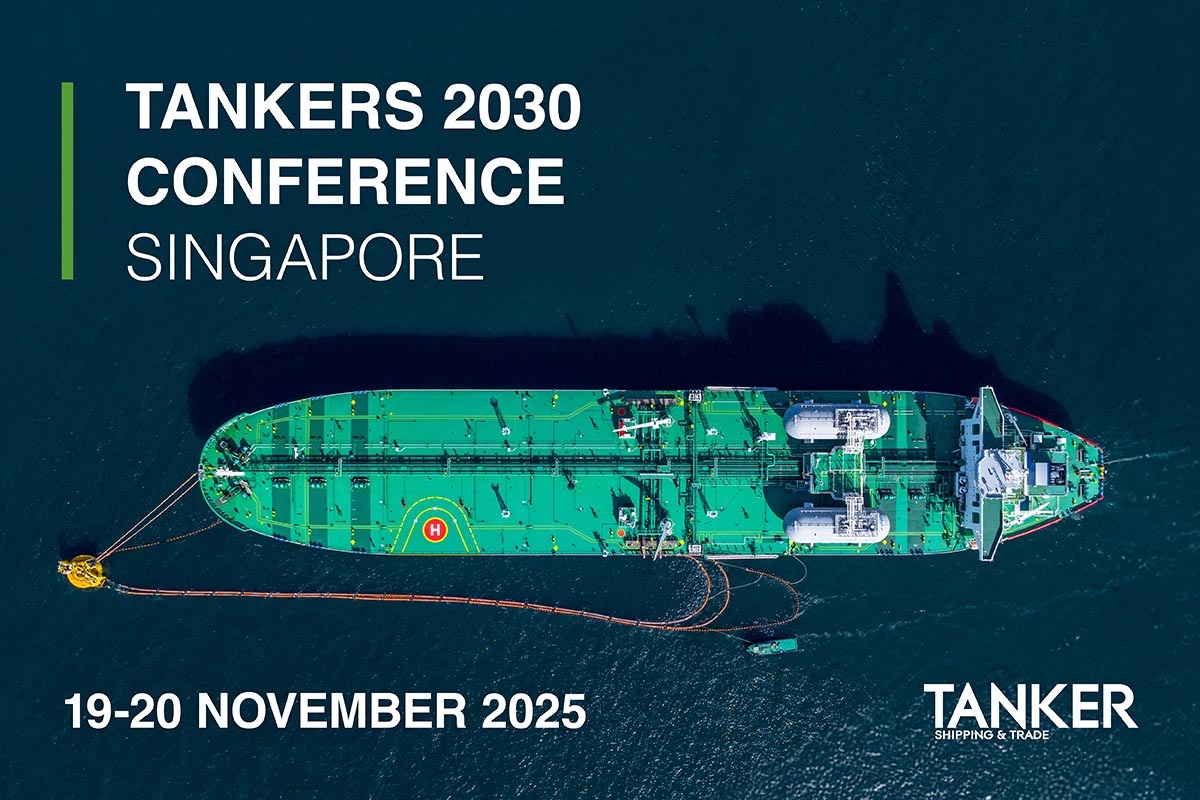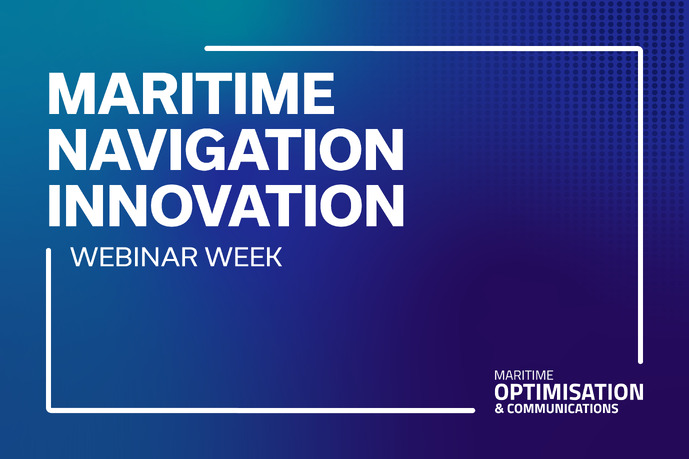Business Sectors
Events
Ship Recycling Webinar Week
Contents
2020 - an extraordinarily stressful year for tanker crews
Covid-19 has made it difficult to change crews efficiently, if at all. Now seafarers face a new dilemma: having fulfilled the obligation to rescue souls from the sea, will the authorities take them off the ship
Beyond the financial implications of the current pandemic on the tanker sector, the lives of those stranded at sea, and those locked down at home unable to earn a living, have gone widely unreported.
Yet the damage done has been equal to – perhaps even greater than – that affecting workers in many other sectors, who, while struggling with undeniable hardships, have at least been able to do so from the comfort of their homes.
As chief operating officer at Ardmore Shipping, Mark Cameron has experienced first-hand the physical and mental toll the pandemic has taken on his crews, and the extraordinary resilience shown by seafarers around the world.
“2020 has been the year where the accommodation block suddenly turned into the prison block,” he exclaimed, in what might well be the definitive quote to come out of pandemic, at least for shipping.
While most operators and owners have done their best to make the lives of those trapped at sea bearable, Mr Cameron does not underestimate the psychological strain these recent months have taken on crew and family alike. “Our mantra is ‘safety first’, but this situation has certainly become as much about mental safety as physical safety,” he said.
“2020 has been the year where the accommodation block suddenly turned into the prison block”
It is a view reiterated by Liberian Registry managing director Gerry Buchanan, who stressed that “seafarers are human beings, not just a commodity.” He highlighted the worrying fact that last year, seafarers had the second-highest rate of suicide among global workers and asked pointedly “I wonder today, are we number one?”
Equally concerning for Mr Buchanan is the fact that “There is no discernible end in sight”. He explained that any restrictions that stop or limit crew changes contribute to the excessive time on board for seafarers, which in turn result in mental hardships and stress and affect safe operations on board. To this end, Mr Buchanan emphasised that the industry is in desperate need of a globally agreed solution.

Mr Cameron went on to explain that one of the most troubling aspects of the pandemic among his crews has been the constantly changing nature of government advice and industry best practice. “There is only one thing worse than having a failed plan and that is having no plan,” he said. “We have had revisions to plans and revisions of revisions; the difficulty comes after the first few iterations when crew thought they had a definite time-scale to work to and suddenly that all changes. That is when your appeals for understanding start to really cause the operations team a lot of sleepless nights.”
Mr Cameron was scathing about the absence of understanding shown to seafarers from governments. “There has been a complete lack of respect and a lack of recognition from the authorities in terms of treating seafarers as frontline workers,” he said. “Who can blame the seafarers for the sense of abandonment that many are feeling. There is an overriding emotional element to this that is going to take some time to repair.”
Despite the general sense of abandonment by wider society, Mr Cameron was quick to praise those who have stepped up to the plate, notably class and flag. “We have got to take our hats off to class, which has helped us in effectively managing the risk and in performing the necessary surveys and audits. Class has really worked hard to find innovative ways to achieve that. All the major flags have also been exceptional and that has really been appreciated.”
Mr Cameron also extended his thanks to charterers, many of whom he noted have placed the harsh reality of finance aside to support operators in the current climate. “In the tanker world, some of the more complicated charterers, those with a reputation for being more financially oriented, have really stepped up and done the right things in terms of offering assistance when we needed it.”
The medical perspective
Approaching the problem from a medical, as opposed to operational, perspective, Future Care FACEP global medical director Dr Arthur Diskin MD explained how his long experience on board cruise ships offered a unique take on the maritime implications of the pandemic. As global chief medical officer for Royal Caribbean for eight years and medical director for Carnival Cruise Lines for 15 years prior to that, Dr Diskin conceded he had seen nothing in his career to equal the current situation.
“We are looking at best at a six-month and at worst an 18-month horizon before we can establish a cohesive battle plan”
“This is really a major problem unlike anything we have ever seen before,” he said. “As of 13 August, we had 20M cases globally and 751,000 deaths.”
From a shipping perspective, Dr Diskin explained that while the key challenges may be obvious – maintaining hygiene, cleanliness, and social distancing on board for example – successfully achieving these goals was a far more difficult task. “If you have a pristinely clean or uninfected ship, how do you keep it that way? What strategies do you use to ensure the vessel can go from port to port and remain uninfected and how best do you maintain proper testing? These are the challenges operators now face.”
The key to success across most of these areas is flexibility, suggested Dr Diskin. “Every week is different; there is nothing stable about any plans that you might have to perform appropriate testing,” he noted.
And while that may not be very reassuring, accepting that the target is a moving one will at least help operators understand the need to be fluid in their approach to testing.
Dr Diskin pointed out that the industry requires a very portable test, “Maybe even just a little swab of some sort, or like a litmus test” which may not offer the certainty of more expensive, time-consuming tests, but will be far more accessible to those on board.
He also raised the possibility of third-party services being utilised to help operators take the most effective and efficient decisions in their handling of the virus. “Are you able to do that internally within your organisation? In all or some cases, farming out those services to somebody with a degree of expertise in the area may be more effective,” he said.
This is another area, and another cost, that owners and operators need to factor into their operations, but one no less important than hull coatings or technical management. While a crustacean-infected hull may impact fuel efficiency, a Covid-infected crew may bring a vessel to a halt indefinitely.
These are the kind of unprecedented, balance-sheet-impacting decisions the pandemic is asking of tanker operators.
In terms of cargo handling, Dr Diskin stressed that at present there is no evidence of transmission via cargo or from supplies being put on board ships. “We still have to worry about contact though, and hand-washing remains key,” he said.
Dr Diskin explained that operators are going to have to put in place all manner of new policies if they want to effectively combat the problem and ensure their fleets are able to enter ports around the world without significant delay.
“While a crustacean-infected hull may impact fuel efficiency, a Covid-infected crew may bring a vessel to a halt”
These will include strategies for getting people on board safely once they have proved to be Covid-free, and ensuring that once on board, all of the various measures we are slowly beginning to take for granted – hand sanitisers, masks, social distancing – are followed with rigour and discipline.
“To date, we have had a very fractionated response to the virus,” explained Dr Diskin. “As our knowledge of how best to respond increases, so will our ability to vaccinate and test more effectively. At the moment, everything is really a workaround, just doing the best with the information we have available. We are looking at probably at best a six-month and at worst an 18-month horizon before we can really start to establish a cohesive battle plan from a medical standpoint. But on the positive side, there are very effective, safe ways to transport crew to and from ships and policies that can be put in place to make the risk minimal at this point. As an industry, shipping just has to keep hammering away at it.”
Retaining staff
A big concern shared by both Mr Cameron and Mr Buchanan was the long-term impact of the pandemic on the industry’s ability to recruit strong candidates. “I hear a lot of seafarers are now looking for alternative work,” said Mr Buchanan. “That is a big drain to the industry if they are successful.”
Mr Cameron concurred. “We might battle to attract young top talent to seafaring as a career choice,” he said. “Because at the end of the day, young people have choices and getting on a plane and moving half way around the world to join a ship that may or may not let you home at the end of your time is going to be a question that sticks in the minds of a lot of people.”
Mr Buchanan highlighted the problem with an anecdote about a ship manager in Hong Kong who found its crew were unable to join their vessel because no one would offer them transportation from their location to the port.
His story emphasised the importance of a joined-up, cross-sector strategy to support shipping. Clearly, there is little point investing heavily in onboard mitigation if crew are stranded 100 km from port.
And this is the problem facing not only shipping, but the world as a whole; identifying individual measures to reduce the likelihood of infection and transmission, while working co-operatively with other stakeholders outside of one’s own industry to ensure the steps we each put in place do not have unforeseen consequences for other parties reliant upon us.
It is an unprecedented challenge in the modern era and one that will provide valuable lessons, when we finally overcome it.
This article is based on comments made during the Riviera Maritime Media webinar, How Covid-19 is transforming tanker operations, held in August 2020
The impact of rescues on tanker crews
Not only has 2020, seen extra stress placed on crews due to Covid-19, the migrant crisis in the Mediterranean is applying a new kind of pressure to disrupt the smooth operation of tankers. The Maersk Etienne incident has become an unfortunate warning tanker operators plying across the Mediterranean Sea.
In response to a request from Maltese officials on 4 August to attend a vessel stranded in Tunisian waters, the Maersk Tankers The 2004-built, 36,900-dwt product tanker Maersk Etienne diverted to pick up 27 migrants from a stranded vessel.
Maersk Etienne was to become home to the 27 migrants for the next four weeks and set "a new and unfortunate record for migrants held aboard a commercial ship," according to Maersk Tankers.
A statement from Maersk Tankers said the physical and mental health of the migrants had deteriorated during their prolonged stay on the vessel.
"We have been increasingly concerned for the rescued persons’ physical and mental health," Maersk’s statement said. "The situation has worsened following the recent incident where three people jumped overboard, and we have seen continuous issues with minor medical aliments and a recent threat to go on hunger strike."
After requests for assistance, non-governmental organisation Mediterranea Saving Humans agreed to provide a medical assessment for the refugees on board their vessel, Mare Jonio.
"The transfer to the ship occurred following their assessment that the rescued persons’ condition called for immediate care in suitable medical facilities," Maersk’s statement said.
According to Mediterranea Saving Humans, "The Mediterranea volunteers simply did what the Maltese and European authorities should have done: they got on board, provided initial medical assistance to the 27 refugees and migrants rescued by the Danish ship and immediately noticed an unsustainable situation. Hence the decision to transfer the 27 (people) to Mare Jonio".
International law and maritime conventions require ships and coastal states to respond to people in distress and ensure those who are rescued are promptly disembarked in a place of safety.
Once Maersk Etienne fulfilled its responsibilities to rescue the migrants, it found itself in a diplomatic game of passing responsibility, according to a joint statement from the International Chamber of Shipping (ICS), the UN Refugee Agency and the International Organisation for Migration.
The statement noted that governments had refused permission for the ship’s master to disembark the migrants and refugees, which is in contravention of international law. The ship’s crew were sharing food, water, and bedding with those rescued, the statement said.
"The shipping industry takes its legal and humanitarian obligations to assist people in distress at sea extremely seriously and has worked hard to ensure that ships are as prepared as they can be when presented with the prospect of large-scale rescues at sea. However, merchant vessels are not designed or equipped for this purpose, and states need to play their part,” ICS secretary general Guy Platten said.
“Rescue at sea is a basic humanitarian imperative”, UN High Commissioner for Refugees Filippo Grandi said. “Maersk Etienne has fulfilled its maritime obligations and prevented further death in the Mediterranean. The EU and its member states must now do their part to complete this life-saving rescue by allowing those rescued to be disembarked, and should also show some solidarity among states, particularly through an effective and predictable relocation mechanism.”
With the episode at an end, Maersk Tankers chief technical officer Tommy Thomassen, said, “We are relieved and grateful. The rescued persons can now finally get the medical care they need and our crew can continue their voyage safely. While we are appreciative of the support from Mediterranea in helping us to bring a closure to this unprecedented situation, we are at the same time deeply concerned that it has not been possible to find a solution before now. It has been very difficult for the rescued persons and our crew.”
Related to this Story
Events
Ship Recycling Webinar Week
International Bulk Shipping Conference 2025
Tankers 2030 Conference
Maritime Navigation Innovation Webinar Week
© 2024 Riviera Maritime Media Ltd.
